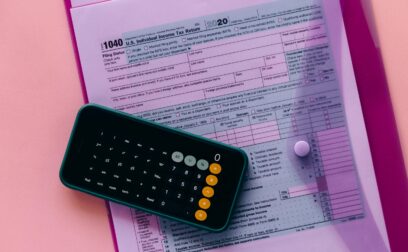Compound interest calculator
Our compound interest calculator can help determine how an initial amount of money, known as the principal, will grow over time when it earns interest that is compounded at regular intervals.
Page written by Ian Hawkins. Last reviewed on October 31, 2025. Next review due April 6, 2027.

Ian Hawkins
Head of Content
Ian Hawkins is Head of Content at Swoop. As a freelance business journalist and filmmaker he has reported from Europe, Central and North America and Africa. His films and writing have appeared on BBC World, Reuters and CBS, and he has spoken at conferences on both sides of the Atlantic on subjects including data, cyber security, and entrepreneurialism.
Read this article to me


































 yet? Register here!
yet? Register here!